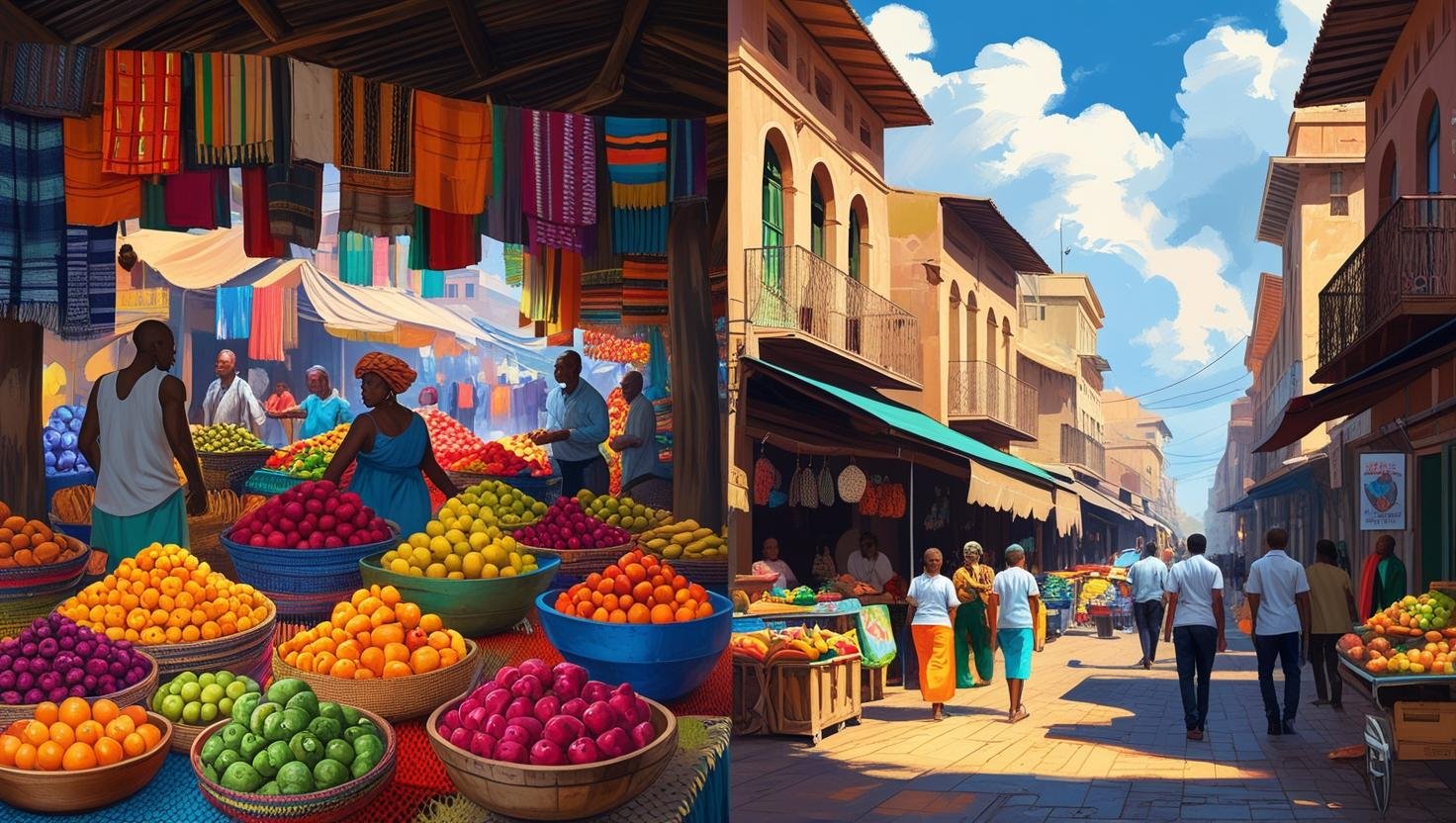For decades, the story of African migration was told through narrow lenses: economic opportunity, education, or escape from political instability. But a new chapter is unfolding,one where African expats are not simply leaving home to “adapt” to a host country’s norms. Instead, they are forging a new, blended identity that draws from Africa’s cultural wealth while absorbing the best of their adopted homes. This is not assimilation. It is cultural expansion.
In cities from Toronto to Dubai, from Berlin to São Paulo, a generation of African men is redefining what it means to be both proudly African and globally minded.
1. From Survival to Self-Definition
Earlier waves of African migration often carried a quiet pressure: fit in at all costs. Dress like the locals. Hide your accent. Keep cultural traditions private.
Today’s expats,especially professionals, entrepreneurs, and creatives,are less interested in disappearing into the mainstream. Instead, they are entering new societies from a position of choice rather than desperation.This shift allows them to be selective, curating an identity that is not dictated solely by their passport.They are not just surviving in foreign environments,they are shaping them.
2. The Influence of Global Mobility
Cheap flights, remote work visas, and international networking mean Africans abroad are no longer tethered to one host country. A Nigerian software engineer in Berlin might attend conferences in Dubai, take consulting gigs in Nairobi, and summer in Lisbon.
This constant mobility changes how identity is formed. Instead of feeling rootless, many African expats are building a portable identity,fluid, adaptive, but anchored in African heritage.
3. Cultural Confidence in the Diaspora
African fashion weeks in Paris, Afrobeat concerts in New York, and African-owned restaurants in London are not niche events anymore,they are major draws in the mainstream cultural calendar.
This visibility has given African expats permission to live out loud. The days of downplaying African heritage to gain acceptance are fading. Whether it’s rocking traditional attire to corporate events or integrating African proverbs into leadership talks, there’s a growing confidence that African culture is not a handicap,it’s an advantage.
4. Networking Beyond Borders
For many expats, the most transformative part of living abroad is not just exposure to their host country’s culture but connections with other Africans they would never have met at home.
A Ghanaian banker in Toronto may find more common ground with a South African entrepreneur than with his immediate Canadian neighbors. These cross-African connections create hybrid cultural spaces,mixing languages, music, and traditions into a shared, forward-looking identity.
5. Challenges of Building a New Identity
Of course, identity-building abroad is not without friction.
- Stereotyping: Many Africans still face reductive labels in the West, from “immigrant” to “African prince.”
- Cultural Pushback: Host societies often encourage assimilation rather than hybrid identities.
- Diaspora Politics: Tensions can arise between expats who embrace blending and those who advocate for cultural purity.
Navigating these tensions requires self-awareness and the ability to hold two truths at once: being fully African and fully global.
6. The Strategic Advantage
A strong, adaptable identity is more than personal,it’s economic and political capital.
Men who can navigate multiple cultures with authenticity become valuable in diplomacy, business, and cross-border ventures. They can bridge African markets with Western investors, translate cultural nuances for global teams, and lead international projects with credibility in multiple worlds.
This is why African expats’ identity shift is more than a lifestyle choice,it’s a strategic move.













